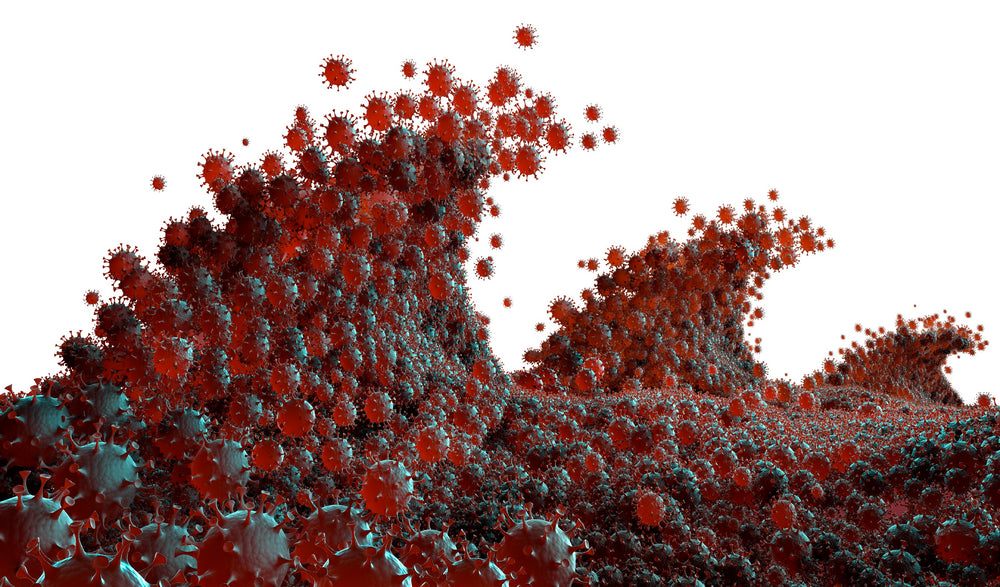Your Cart is Empty
South Carolina has the second-highest infection rate in the country and on Thursday, reported two cases of the variant from South Africa. This alarming development has shaken up health authorities, which are already baffled by the state’s reduced receptiveness to vaccines.
The second case of this South African strain, also known as B1.351, was detected just a short while after the first case and without any connection to it. Neither patient has a history of travel — a fact that in itself signals what public health officials have been fearing: the new South African variant has found its way in the US.
CDC director, Rochelle Walensky already assumes the strain to be a community spread. She stated on Friday,
“I think one of the concerning things is that we know these two people did not know one another and that they did not travel to South Africa so the presumption is, at this point, that there has been community spread of this strain."
Virologist Shane Crotty, a professor at the La Jolla Institute for Immunology in California sees the emergence of this variant as a turning point for the country. He said,
“It is a pivotal moment. It is a race with the new variants to get a large number of people vaccinated before those variants spread.”
This particular strain is much more contagious, potent, and resistant to antibody therapies. And the currently available vaccines are reported to have “diminished impact” against it. This, in turn, poses yet another major threat to the slow progress in the nation, and health authorities are now concerned about just how much longer the virus will drag on.
The nation’s leading infectious-disease expert, Dr. Anthony Fauci said this particular variant“troubles”him and declared its emergence to be a real “wake-up call”. He explained,
“When you look at the vaccines that we have available now, the neutralizing antibodies that they induce ... when you measure that against the South African isolate, it is diminished by multifold in its ability to cover it."
Moderna and Pfizer-BioNTech, the two companies supplying vaccines to the US, have explained that their shots are not as effective against the South Africa variant. The companies are now deliberating on either coming up with a new version of the vaccine or creating a booster shot to combat the variant.
Johnson & Johnson, the only well-established drugmaker working on a single-dose covid vaccine, shared on Friday that if approved, its shot can give strong protection against the virus. This drug has shown an efficacy rate of 72% in the US trials. But when tested against the variant from South Africa, this vaccine has also proven to be less effective with an efficacy rate of 57%.
"It's still within the range of what you predict would be protective. But I take no great comfort in that."
